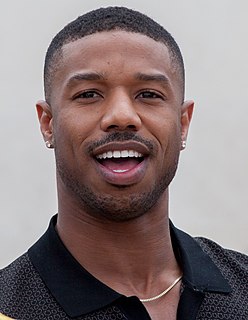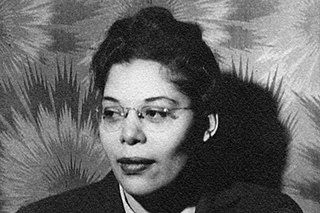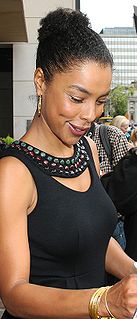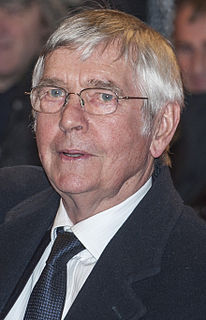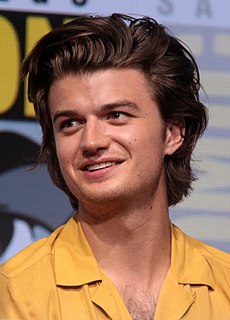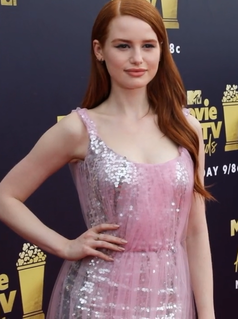A Quote by Laura Dern
Virginia Mayo had kind of a small role in The Best Years of Our Lives, but you got the whole character in one scene. Where are those parts? I was talking to somebody about great actors: Morgan Freeman's name came up, Forest Whitaker, Denzel Washington. And I realized, there're no black actresses. Where's there a black actress who's been extremely successful in the past 10 years?
Quote Topics
About
Actors
Actress
Actresses
Been
Best
Best Year
Black
Came
Character
Denzel
Denzel Washington
Extremely
Forest
Freeman
Got
Great
Great Actors
Had
I Realized
In The Past
Kind
Lives
Mayo
Morgan
Morgan Freeman
Name
Our
Our Lives
Parts
Past
Realized
Role
Scene
Small
Somebody
Successful
Talking
Those
Up
Virginia
Washington
Whole
Years
Related Quotes
We've been fighting our whole lives to say we're just human beings like everyone else. When we start separating ourselves in our work, that doesn't help the cause. I've heard it for years: 'How do you feel being a black filmmaker?' I'm not a black filmmaker, I'm a filmmaker. I'm a black man, I have black children. But I'm just a filmmaker.
I was in the music industry as Amanda Diva for 10 years but I realized that I had bigger work to do and needed to get busy doing that work. I really do believe that I'm here for a bigger purpose, and I want to be a role model and speak for the black community and black women specifically. Humor was the way it felt most organic and effective for me.
Black was bestlooking. ... Ebony was the best wood, the hardest wood; it was black. Virginia ham was the best ham. It was black on the outside. Tuxedos and tail coats were black and they were a man's finest, most expensive clothes. You had to use pepper to make most meats and vegetables fit to eat. The most flavorsome pepper was black. The best caviar was black. The rarest jewels were black: black opals, black pearls.
There is an obsession with black tragedy. If you see a black movie, it's typically historical, and it tends to deal with our pain. And listen, there have been some excellent films made in that vein, and there are some painful parts of black history that should be explored, but it is kind of weird that only those films bubble up to the surface.
So when it came to role models, I looked at presidents' wives. Of course, you're talking about a farm girl who stood in the fields, dreaming, years ago, wishing she was that kind of person. But if I had been that kind of person, do you think I could sing with the emotions I do? You sing with those emotions because you've had pain in your heart.
A human being having a full emotional conversation with a dog is funny, innately. It's one of those things where you get in a scene and you always go for what is the best joke, and a talking dog for some reason, whatever he says, is hilarious." (about his role wiht a talking dog in the forthcoming MEN IN BLACK sequel.
Hollywood is designed to check the box office on Monday morning and see: "How'd we do? How much?" It's another facet of this whole culture of accumulation and consumption. Black people are caught up in it, white people are caught up in it, white actors, black actors, female actresses - everybody's caught up in it.
I learned a lot from Dick Wolf. I'll always remember playing that character because it was such a good character. It was great to be able to be a character like that for television. I think the thing that I'll bring from the whole experience, the whole 10 years, is I had never been interested in the television business before.


